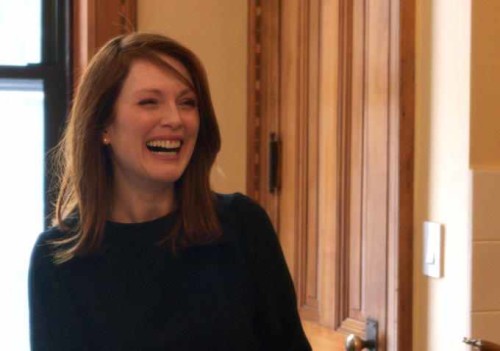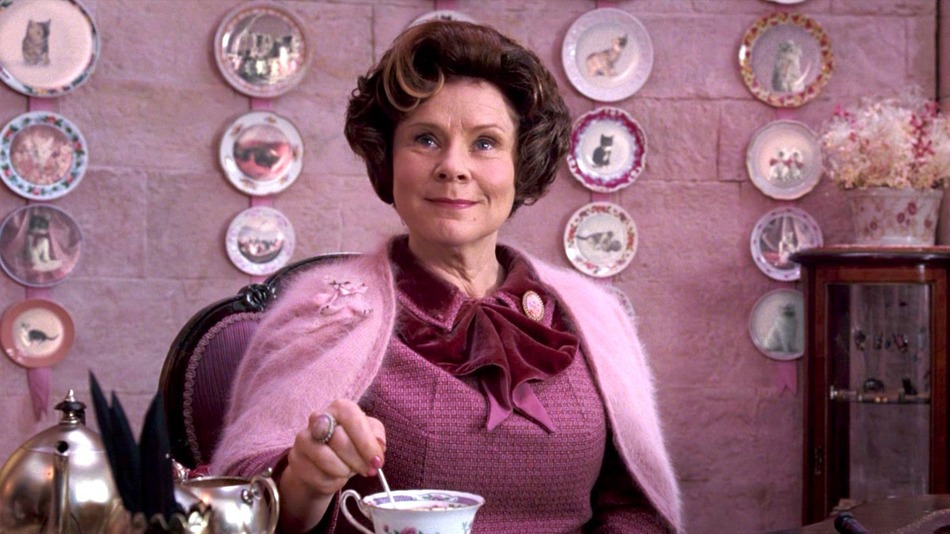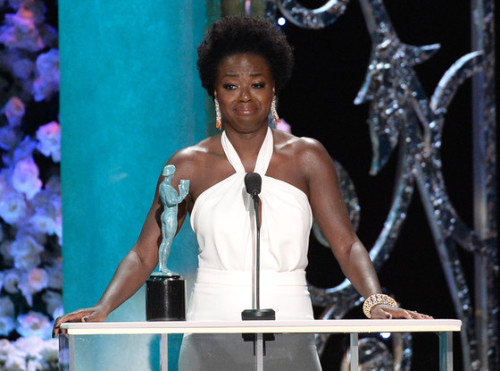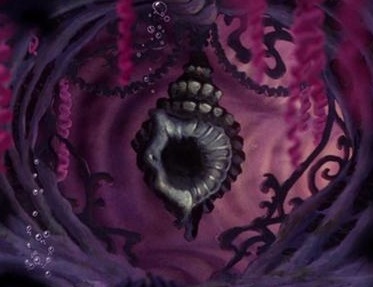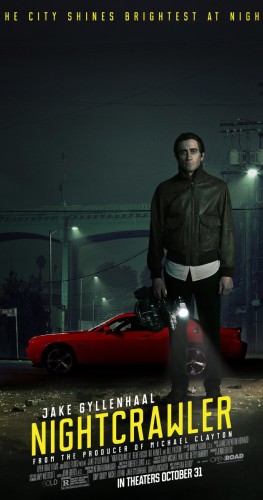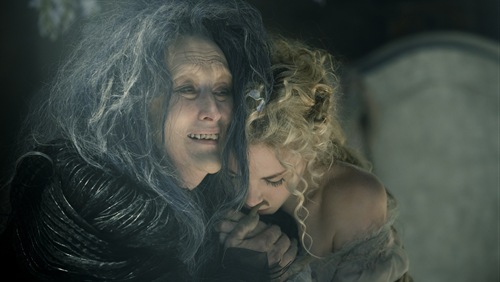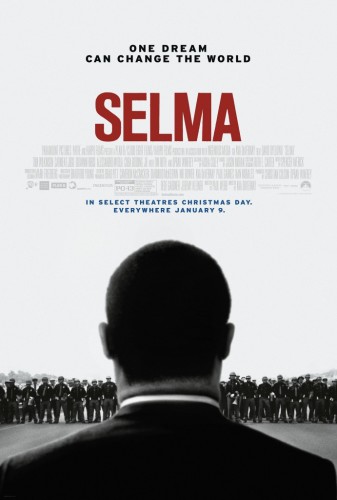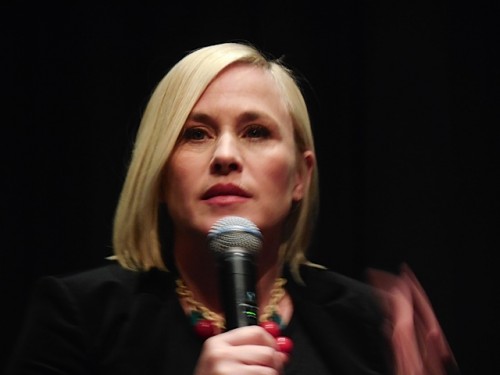What’s more, to understand ‘Appropriate Behavior’ as the bisexual Iranian version of someone else’s work would be to miss the point of the film entirely. While on the surface, the film is about a bisexual Iranian American coming to terms with a breakup and with the messiness of her sexuality, it’s really a film about identity, about what it means not to take the easy way out by shaving off or hiding the parts of yourself that don’t fit into a neat package. By failing, spectacularly, to fit, the film, like its main character, becomes something more than the sum of its seemingly discordant parts, something entirely of its own.

